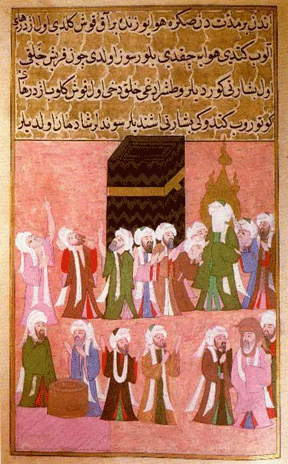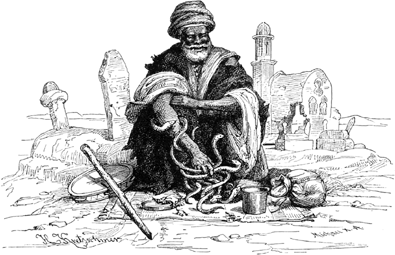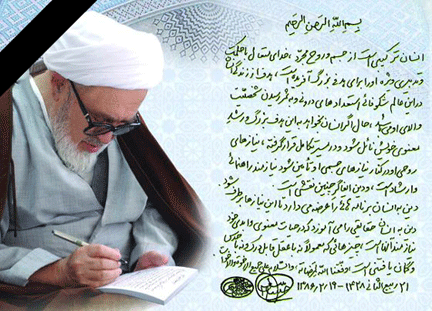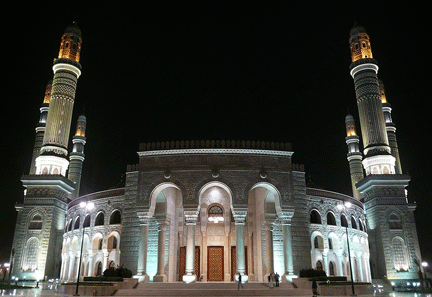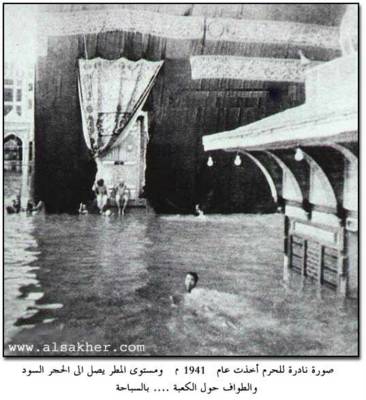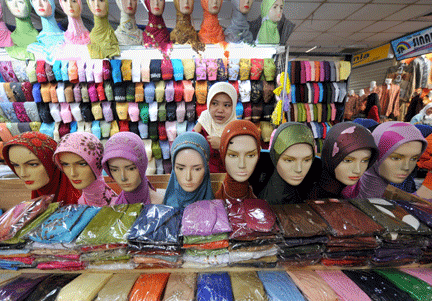
U.S. Rep. David Price, left, meets with Duke Muslim chaplain Abdullah Antepli, his wife Asuman, and U.S. House chaplain Rev. Daniel P. Coughlin
Antepli Delivers Opening Prayer at US House
Duke Muslim chaplain begins Wednesday session (video)
Duke University Press Release, Wednesday, March 3, 2010
Durham, NC — Duke Muslim chaplain Abdullah T. Antepli delivered the opening prayer for the U.S. House of Representatives in Washington, D.C., this morning. Antepli served as guest chaplain at the invitation of Congressman David Price, D-N.C.
Antepli, who joined Duke in July 2008, is one of only a handful of full-time Muslim chaplains at U.S. colleges and universities. He is the founder and executive board member of the Muslim Chaplains Association and a member of the National Association of College and University Chaplains. He also serves as an adjunct faculty member in the Duke Divinity School and Duke Islamic Studies Center, where he teaches courses on Islam.
Following the prayer, Rep. Price took to the floor for a short address praising Antepli as a leader who helps to bridges faiths across the campus. Video of the session is embedded below: (The prayer begins five seconds into the video; Price’s comments immediately follow the Pledge of Allegiance.)
To see the video on the Duke site, click here. Continue reading A Muslim in the House and Praying
